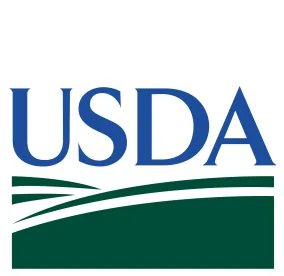The National Organic Program (NOP) of the U.S. Department of Agriculture (USDA) works with the National Organic Standards Board (NOSB) to develop standards involving the production, handling, and processing of ingredients that may be used in products bearing the label “USDA organic.” Under the current requirements for organic labeling, genetic engineering is a prohibited method and there is no apparent exception for newer technologies which bioengineering (BE) proponents have contrasted with older, less precise BE methods that organic advocates criticize for human health and environmental concerns.
In a July 17, 2019 hearing of the House Agriculture Subcommittee on new gene editing technology, testimony by Greg Ibach, USDA’s Under Secretary for Marketing and Regulatory Programs (MRP), noted the benefits of insect and drought resistance and increased yield and included a remark that USDA “may be ready to open discussion to consider whether it is appropriate” to consider allowing certain gene editing technology for use in organic production. Responding to this testimony, the Cornucopia Institute has released a petition strongly opposing such developments.
As it stands, USDA’s bioengineered (BE) food labeling rule does not establish whether gene edited products fall under the definition of “bioengineered” and, thus, whether these products will require mandatory disclosure. Thus, it is possible that USDA may decide not to require BE labeling for products produced using certain gene editing technology and could also someday permit products containing ingredients made with this technology to bear the USDA organic label. Such development could further confuse consumers interested in avoiding bioengineered food and may also potentially impact the credibility and monetary value of the USDA organic label. As we have reported, there is already evidence that some consumers may not distinguish between the “USDA organic” label and the “Non-GMO Project Verified” seal administered by the Non-GMO Project that is available for products meeting the group’s criteria for certification as being free of genetically modified organisms (GMOs), although sales of products labeled by the Non-GMO Project more than doubled from 2014 to 2016, whereas the sales of organic foods have increased at a much slower rate.



 />i
/>i

